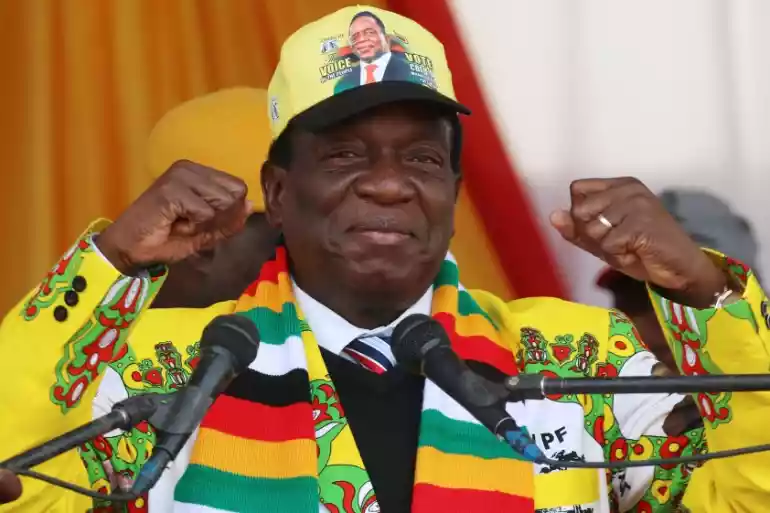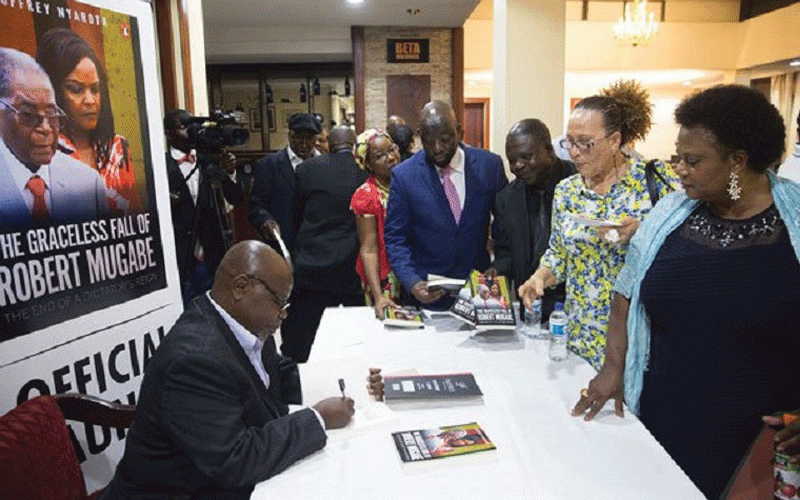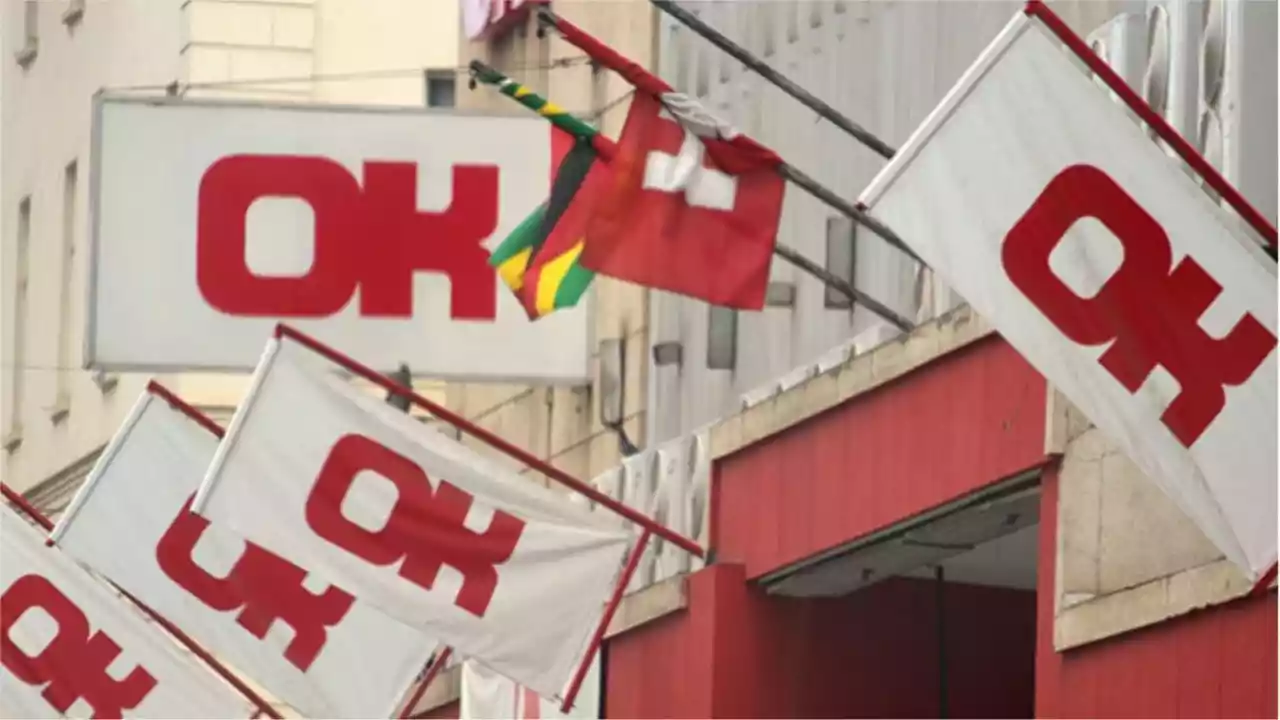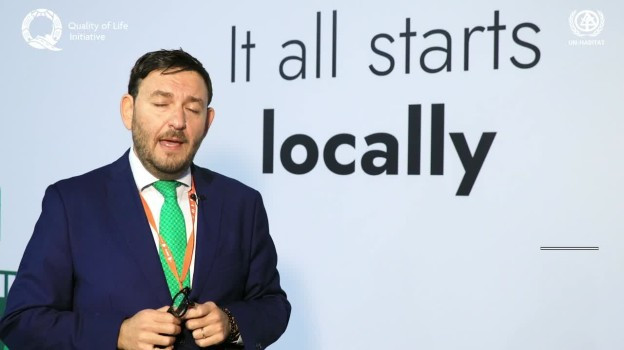
The theme of the WEF 2023 is “Cooperation in a fragmented world”. As far as themes go, this one instantly spells out its prophecy almost as a forewarning to the divided nations of this world that the planet's future will disintegrate with patchy commitment to cooperation.
I often forget the purpose of the WEF. The international media sensationalises the gathering of celebrity politicians mingling closely with financial pundits, discussing vital topics in closed sessions and then being publicly applauded for their authoritative voices on economic forecasting.
Every journalist spins around the public figures attempting to interview and crucially extract key insights into the impending outlook for the peoples of the planet, while incidental data shows that the level of world poverty is at its staggering highest point (According to a newly released Credit Suisse Report). The WEF offers “cooperation” hypothetically on the Swiss mountain tops while “captains of industry” and selectively invited CEOs of multinational companies debate policies and the values of capitalism.
The WEF is supposedly an independent organisation committed to “improving the state of the world by engaging business, political, academic and other leaders of society to shape global, regional and industry agendas”.
It engages with leading representatives of business society and financial elitists to shape the future of our planet.
A future that has been severely marred by the Covid-19 pandemic and its several fatal variants, a planet that is running out of time on its climate change agenda, with the peoples of the world battling starvation, an energy crisis that has thrown most nations into diminishing capacity scenarios, catapulted inflation and propelled the rising cost of living, not forgetting that the World Bank only two days ago forecast a global recession.
The pillars of cooperation are more divided now than before, and it will take a giant leap of faith for key players to pull together through this disintegration.
Last year Ukrainian President Volodymyr Zelensky opened the forum virtually and reminded the audience that the world had split from its fundamental value system.
- Invictus to finally start drilling
- Abwa commissions milk plant
- In the groove: Has inflation hit the music markets?
- Dave Chappelle: US comedian attacked on stage in Los Angeles
Keep Reading
Since that time there has been no change in the Russian-Ukraine war. Migration which is still unresolved sees people fleeing such conflict-zones under the grimmest circumstances.
Populist nationalism is rising and as Jane Fraser of Citigroup aptly stated in her address last year, the “Three R’s: Russia, Rates and Recession” are still in play. I find it difficult to trust the outcome of the high rollers to reestablish trust under the current environment.
Davos and its agenda are becoming increasingly questionable in a world where energy security, food security and availability of resources under threatening climatic conditions is not being tackled seriously enough.
There is no shortage of troubles, and the discussions on the table are hardly likely to change anything for the eight billion people on our planet.
This week President Ramaphosa of South Africa, pulled out of Davos as this southern African nation faces its worst power crisis ever.
One of the headlines of the local media papers said it all: “Ramaphosa skips Davos to sit in the dark with the rest of South Africa”.
It has often been thought that Davos attendance would enhance or attract foreign direct investment into the country and attendance is often promoted by the senior advisors of many presidents.
Indeed, President Emmerson Mnangagwa is attending Davos with his Minister of Finance, Mthuli Ncube.
I wonder if their mantra “Zimbabwe is open for business” will be met with actual interest at all as investment requires stability of key elements; the lights need to be on for starters.
Ramaphosa ought to have advised his neighbours to sit at home too with the rest of us.
The pontification that will take place in Davos is unlikely to assist the world’s poorest economies, they remain at the bottom of the food chain.
We know the lowest income economies produce one tenth of carbon emissions affecting climate change, but they are most affected by it.
They suffer the damaging impact of health, food, water and education.
The multiple challenges they are confronted with, against the fewest resources will remain unresolved, and universal health care initiatives will fail millions that absolutely need it, and it is the three H’s that will dominate our African continent: Hunger, Homelessness and Hardship.
Forums such as the WEF are no longer valued or valid, the world has already disintegrated into the haves and have nots, and that unjustifiable discrimination has no hope of correction at Davos 2023.
Joshi is a consultant at Titan Law











